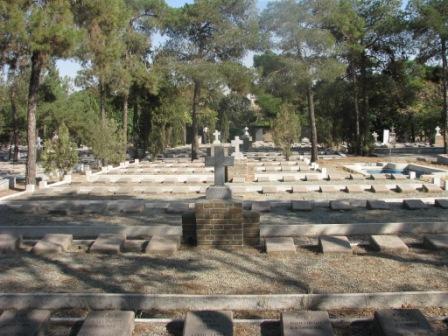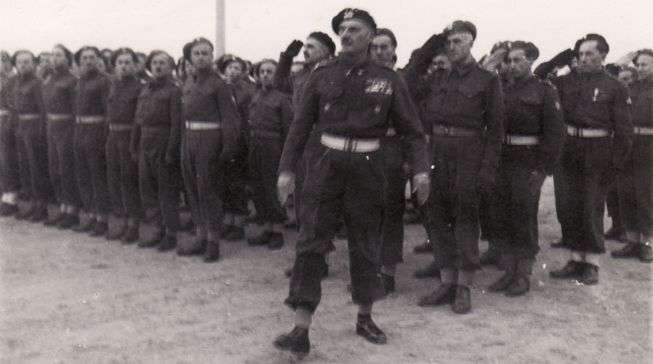
Polish War Cemetery in Dulab: photo - polemb.net
Today's tributes will take place at the Polish cemetery of Dulab, where some 1892 Poles were laid to rest, largely owing to health problems caused by the period in Soviet labour camps.
All in all, over 2900 Poles died in Iran after the journey from the Soviet Union.
“Had it not been for the huge help given by the Iranian people, many more Poles would probably have died,” said Dr Jan Ciechanowski, leader of the Polish delegation, in an interview with Polish Radio.
“Therefore we must thank the Iranian people for the support and care they showed, which helped thousands of Poles who had found themselves in a tragic situation.
“Remembrance of this is our duty,” he stressed.
Ciechanowski, who is head of the state-backed Office for Combatants and Victims of Oppression, noted that the trip is also an opportunity to pay tribute to the entire 120,000 Poles who came to Iran seventy years ago.
After the division of Poland by Germany and Russia in September 1939, Stalin ordered the deportation of supposedly anti-Soviet elements to labour camps across the Soviet Union.
Estimates of numbers of the deported range between 330,000 and over 1 million.

General Anders [C] and his troops: photo - wikipedia
However, when Hitler attacked his Soviet ally in 1941 during Operation Barbarossa, Stalin had to turn to Great Britain – and by default its Polish ally – for support.
An amnesty was declared, and General Wladyslaw Anders, one of the thousands of Polish internees in the Soviet Union, was allowed to raise an army from among the prisoners.
The so-called Polish Second Corps journeyed to Iran, where it regrouped and joined the fight against the Nazis, as part of the British 8th Army.
Among the 120,000 that made it to Iran were about 43,000 civilians, including 15,000 children. (nh)